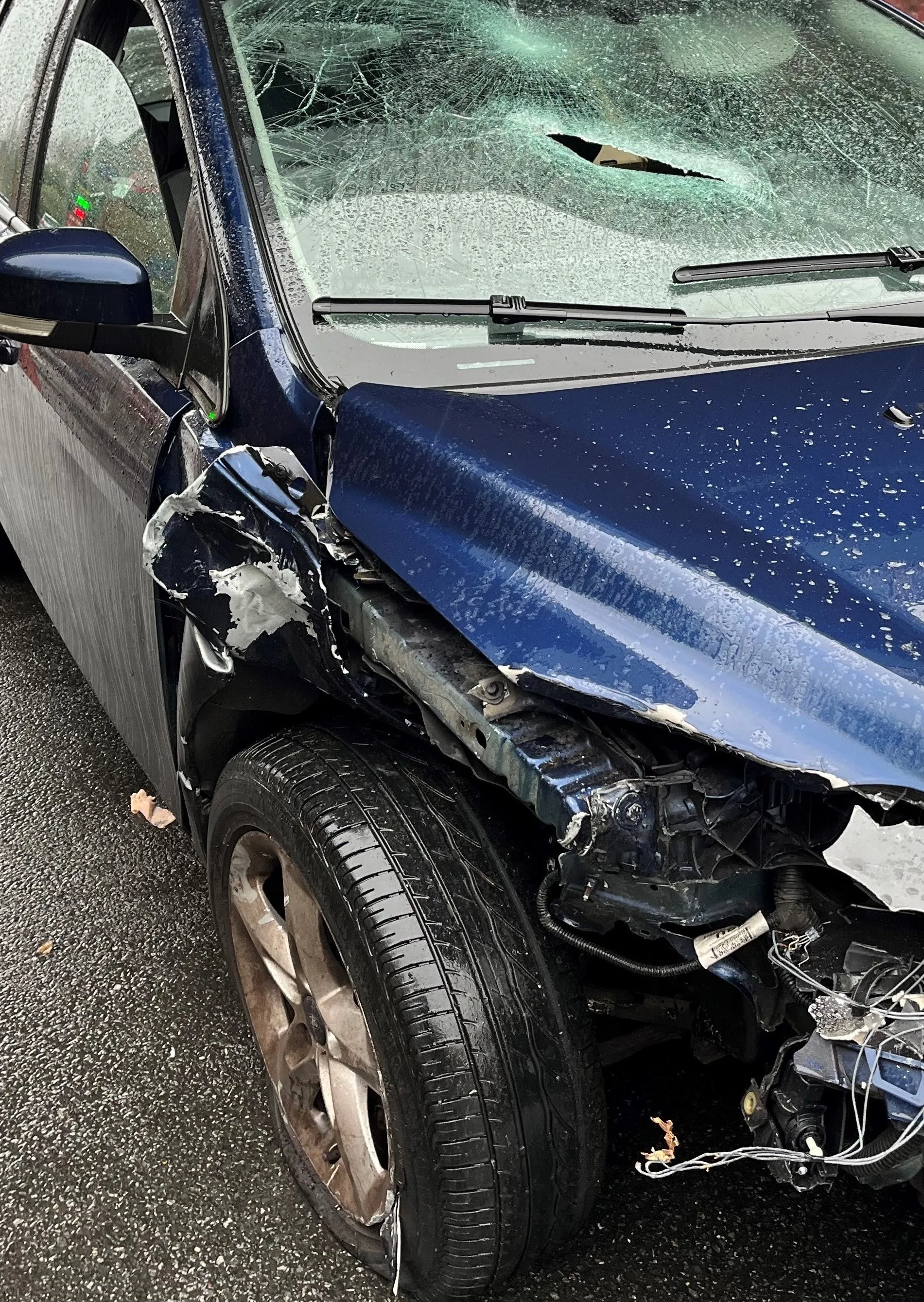Safety campaigners in Norway are proposing a novel approach to cutting road accident levels. With data showing that young male drivers account for a disproportionately high number of accidents, calls are being made for increased regulations in order to boost safety. Those suggesting the changes believe that tougher rules for young male drivers in the 18-24 age group would reduce the number of traffic accidents.Norway's accident data reveals that of road accidents involving fatalities, young men are the driv
May 9, 2012
Read time: 2 mins
Safety campaigners in Norway are proposing a novel approach to cutting road accident levels. With data showing that young male drivers account for a disproportionately high number of accidents, calls are being made for increased regulations in order to boost safety. Those suggesting the changes believe that tougher rules for young male drivers in the 18-24 age group would reduce the number of traffic accidents.
Norway’s accident data reveals that of road accidents involving fatalities, young men are the drivers in 20% of accidents. The safety campaigners say that cars driven by men in the 18-24 age range should be equipped with an interlock device and have a built-in speed limiter. Young male drivers should also be prohibited from carrying passengers.
But according to the5470 Norwegian Automobile Federation (NAF), these measures will have little impact. Instead emphasis should be on safer cars, improved road standards and information campaigns.
Norway’s road safety record is amongst the best in the world, due to a mixture of low traffic densities overall on the road network, good driver education and good vehicle condition. Other countries with good road safety standards, such as Sweden and the UK, have similar approaches to reducing accident levels. And in these countries too, the disparity of accidents involving young male drivers has been identified. But many other countries around the world have yet to tackle the specific problems to road safety caused by young males in the 18-24 age range, which is one reason why their road fatality rates will remain high.
Norway’s accident data reveals that of road accidents involving fatalities, young men are the drivers in 20% of accidents. The safety campaigners say that cars driven by men in the 18-24 age range should be equipped with an interlock device and have a built-in speed limiter. Young male drivers should also be prohibited from carrying passengers.
But according to the
Norway’s road safety record is amongst the best in the world, due to a mixture of low traffic densities overall on the road network, good driver education and good vehicle condition. Other countries with good road safety standards, such as Sweden and the UK, have similar approaches to reducing accident levels. And in these countries too, the disparity of accidents involving young male drivers has been identified. But many other countries around the world have yet to tackle the specific problems to road safety caused by young males in the 18-24 age range, which is one reason why their road fatality rates will remain high.








